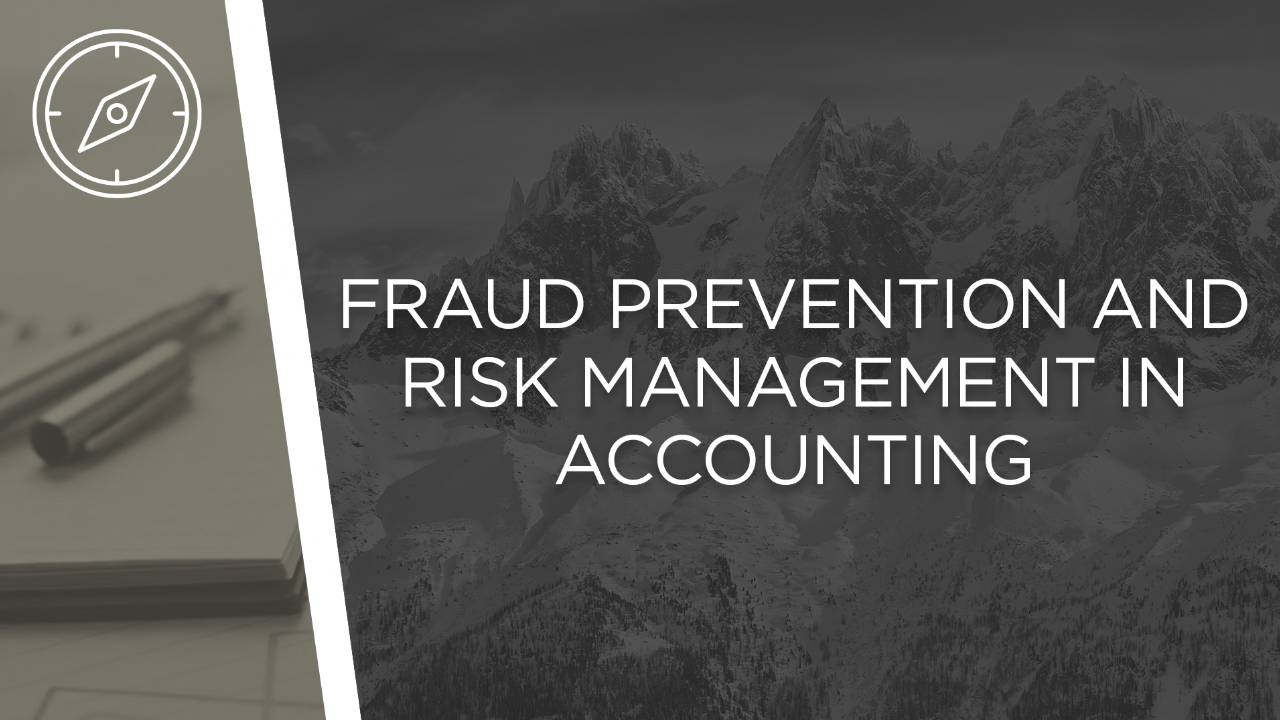
Fraud Prevention and Risk Management in Accounting
10 CPE Credit Hours
After completing this course, participants will be able to:
Explain the fundamental frameworks, processes, and strategies accountants use to identify, mitigate, and monitor fraud risks.
Apply legal concepts to financial risk management, focusing on liability reduction, compliance, and ethical safeguards.
Evaluate ethical responsibilities unique to governmental accountants and auditors, emphasizing independence, conflicts of interest, and public accountability.
Demonstrate how clear and accurate audit reporting and communication improve fraud detection, enhance transparency, and support stakeholder trust.
Analyze complex transactions for fraud indicators and assess compliance with U.S. GAAP, IFRS, and auditing standards.
Assess the impact of litigation and dispute resolution on financial reporting and identify the accountant’s role in legal processes.
Identify the causes of governance breakdowns and apply lessons from past failures to strengthen organizational accountability.
Design comprehensive anti-fraud programs and internal controls that align with organizational risks and evolving compliance requirements.
QAS Self-Study
Prerequisites: None
Advance preparation: None
Field of Study: Auditing
10 CPE credits
Published Date: 07/04/2025
Expiration/Review Date: 07/04/2026
Participants must successfully complete the qualified assessment with a minimum of 70% accuracy within one year of course enrollment to obtain a certificate of completion and earn 10 CPE credits.

